Everything You Need To Know About Night Blindness
Night blindness refers to difficulty seeing in the dark, and it’s usually particularly noticeable when driving at night. It’s not actual blindness, as night blindness only occurs in dark or dim conditions.
What Causes Night Blindness?
The causes of night blindness can be treatable and non-treatable.
The treatable causes are:
- Cataracts
- Nearsightedness
- The use of certain drugs
- A vitamin A deficiency, which is rare
The non-treatable causes are:
- Birth defects, particularly congenital stationary night blindness (CSNB)
- Retinitis pigmentosa, a rare eye disease in which there is damage to the retina
Night Blindness Symptoms
The main symptom of night blindness is difficulty seeing at night. If you have night blindness, you may notice halos of light around car headlights or street lamps, which make it hard to focus while driving. You may also have difficulty seeing when you go from a brightly lit area to a dimly lit area like a movie theater.
Can LASIK Fix Night Blindness?
Because night blindness can be caused by nearsightedness, LASIK surgery to correct nearsightedness may help improve your night vision. But LASIK is not known specifically as a treatment for night blindness, and it will not help if the cause of your night blindness is a birth defect or a genetic condition.
If cataracts are the cause of your night blindness, cataract surgery can alleviate your night blindness symptoms.
How Do Eye Doctors Test for Night Blindness?
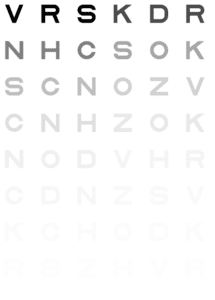
Night blindness can only be diagnosed during a comprehensive eye exam with a night blindness test.
During your exam, your eye doctor will first ask you about your medical history and your symptoms.
They may ask the following questions:
- How severe is the night blindness?
- When did your symptoms start?
- Did it occur suddenly or gradually?
- Does it happen all the time?
- Does using contact lenses or glasses improve your night vision?
- Have you ever had eye surgery?
- What medicines do you use?
- How is your diet?
- Have you recently injured your eyes or head?
- Do you have a family history of diabetes?
- Do you have other vision changes?
- What other symptoms do you have?
- Do you have unusual stress, anxiety, or a fear of the dark?
The tests your eye doctor will perform may include:
- Color vision testing
- Pupil light reflex
- Refraction
- Retinal exam
- Visual acuity
- Electroretinogram (ERG)
- Visual field
- Slit lamp examination
- During this exam, eye drops are usually placed in your eye to widen your pupils and allow your eye doctor to examine the back of your eye
Many doctors use the Pelli-Robson contrast sensitivity chart to detect signs of night blindness. This chart contains rows of letters in different shades of gray on a white background. During this test, you will be asked to identify the letters on the chart. As your eyes move down the chart, the letters will appear in lighter shades of gray and the contrast to the white background will be reduced.
Some eye doctors may also do a blood test to determine your vitamin A and glucose levels.
As previously mentioned, a vitamin A deficiency can directly cause night blindness. On the other hand, abnormal glucose levels can lead to eye diseases that affect your eye health and vision and cause the symptoms of night blindness.
Treat Your Night Blindness at NEOES
If you’re experiencing difficulty seeing at night and/or while driving, schedule an eye exam at Northeast Ohio Eye Surgeons. Our experienced eye doctors can identify the condition that is causing your night blindness and treat it. We offer leading-edge cataract surgery and LASIK procedures, along with corrective lenses and glasses to improve your night vision.
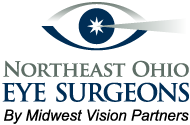



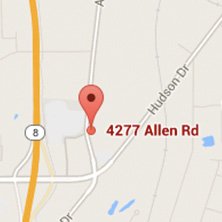
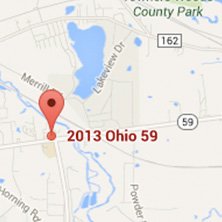
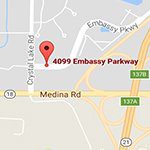
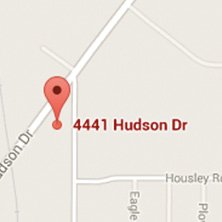
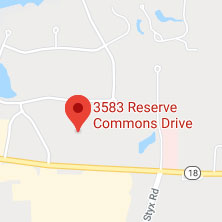


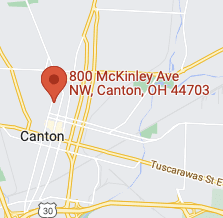
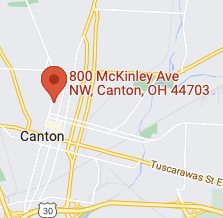
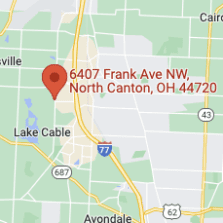


Recent Comments